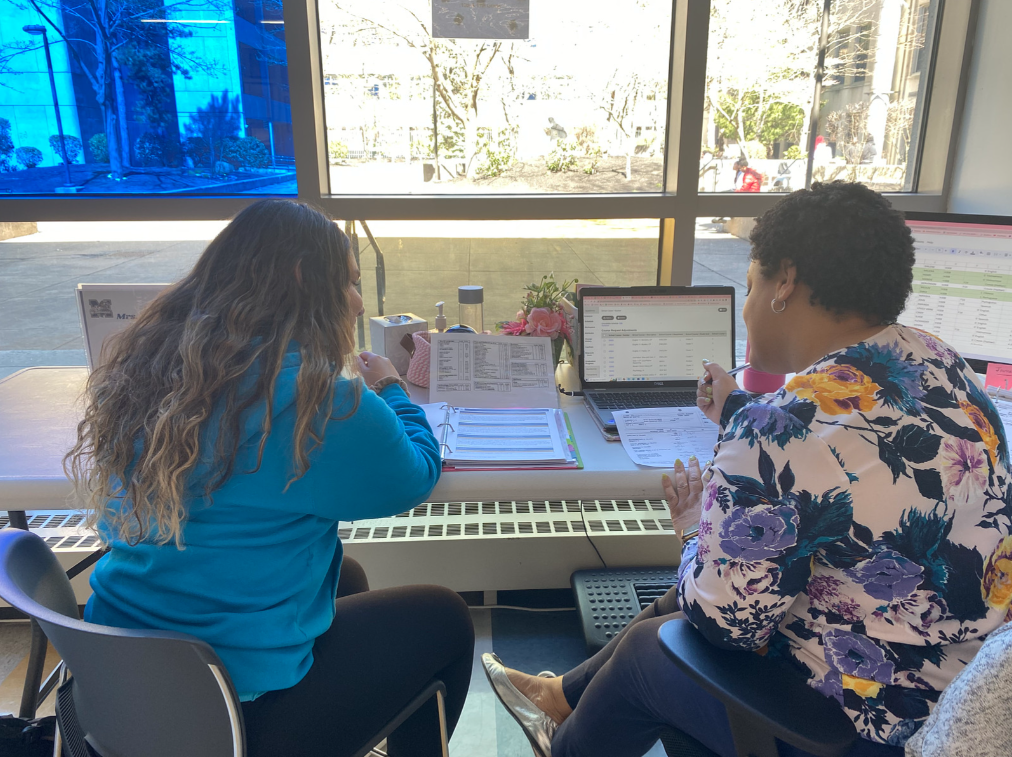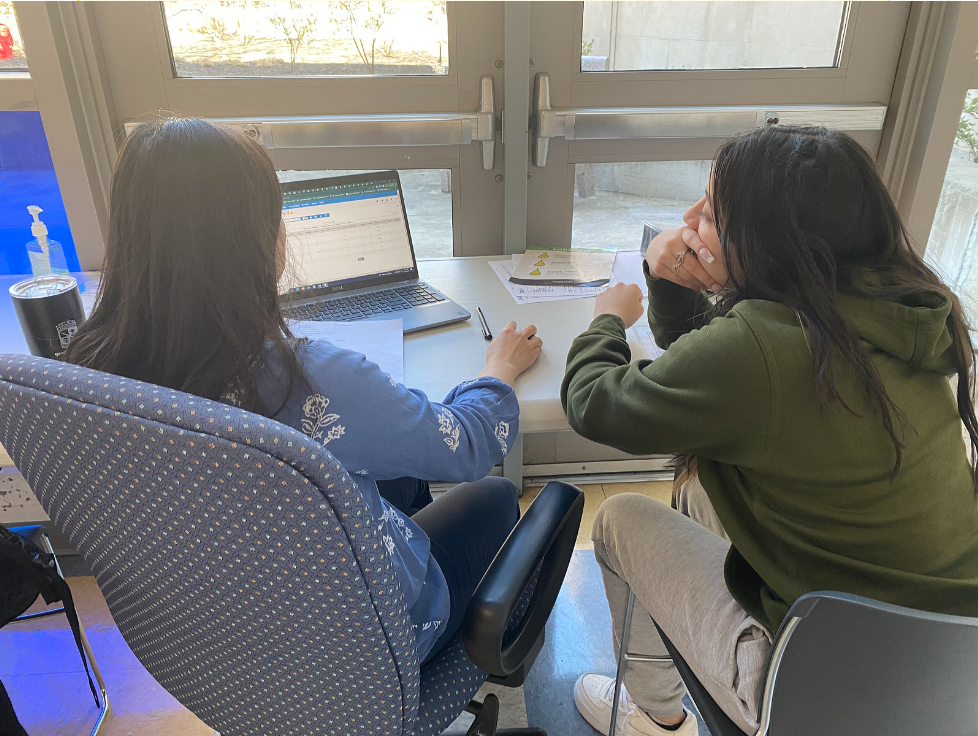
As the school year quickly comes to a close, the excitement and anxiety of course selections for the following year linger in the air. Students have the opportunity to academically challenge themselves and earn college credit by taking college-level Advanced Placement (AP), classes. These classes require a large amount of commitment and students are advised to thoughtfully consider their decision when selecting to take one.
“With AP classes, counselors will meet with students, recommendations are made by teachers, and it’s a very long thought out process with a lot of input from everybody involved. We take that very seriously, teachers put a lot of thought into that and we hope that students also put a lot of thought and care into the classes they are selecting for themselves,” Ann O’Connor, the upperclassmen Jenkins house Guidance Counselor, recalled.
Therefore, when a record-high number of students attempted to drop their AP classes past the withdrawal date, administrators and teachers alike knew that something needed to be done.
“The amount of kids who were asking out of AP classes this year just surpassed anything we’ve ever had before. So we started having conversations with other administrators, with the AP teachers, with our school counselors and basically we came up with this,” Principal Christopher Mastrangelo explained.
To combat this issue, “every student who signs up for an AP class before they leave in June is going to have a meeting with the person that’s teaching that AP class to lay out what the expectations are,” he elaborated.
One of the administration’s main concerns is that students are not being properly informed about all that is being asked of them when they join an AP class. This has resulted in many students dropping out of their classes and changing their schedules, a very complicated process for everyone involved.

Malden High has an add/drop policy that allows students to make adjustments to their schedule within the first two weeks of school, and teachers have two more weeks after this initial period to ensure that they will be able to handle the class.
“What ends up happening, sometimes, is if a student drops an AP class and goes down to the honors level, what that ultimately does is create a ripple effect. All of the spots for a class are generally spoken for come the beginning of the school year, once you start messing around with the schedule it becomes really difficult for both the counselors but also for teachers to keep getting more students added to a class,” Kurtis Scheer, Social Studies Teacher Leader and an AP U.S. History teacher, shared. This ripple effect can academically harm students because as class sizes increase, students will not always be able to get personal assistance from their teachers.
The administration wants potential AP students to know everything they can about the classes they are interested in joining, which is why this new course selection procedure is being put in place. “It’s not a negative thing. One of the things I looked at this year with all the kids that were opting out, I looked at it like ‘what do we need to do better?’,” Mastrangelo commented.
“We’re doing something wrong here if this many kids are asking out. This policy was really about doing a better job at communicating from the school side with the kids so they have a better understanding of their expectations,” he elaborated.
Students will now have multiple thorough opportunities to learn about the AP courses they are being offered in hopes that they will confirm their schedules for next year by the end of this year. “I think this is a really good move because students have three opportunities to see if they want to take this AP-level course. The first opportunity is the conversation they have with their current teacher right now, in March. Then they have another conversation with their guidance counselor about three weeks later,” Scheer clarified.
To further this motion, “we also make it even more possible because, by the end of the year, all of the AP teachers will host an after-school overview, and if after that meeting you feel like you want to drop it you still have the opportunity to drop it. There are really three chances before the next school year happens to decide if you want to take this class. This way it helps us plan better, it helps the school run more efficiently, and it ultimately helps everybody here keep class sizes to a manageable size,” Scheer continued.

All of these precautionary measures are ultimately going to help prevent students from dropping their classes next year and stop the endless schedule troubles this causes the administration. “I think it’s going to benefit students, it’s going to help our students make a more informed decision. I’d be lying if I told you it wasn’t benefitting us administratively, it’s benefiting us too because we want to get as many of our students and as many of our teachers set before they leave in June,” Masterangelo expressed.
Due to these adjustments in the AP course selection procedure, the administration has started a conversation revolving around what changes they could make to the add/drop policy at the beginning of the year. If students are being properly educated about their AP class before they join it, they are considering enforcing a stricter process for a student to be able to drop a class next year. This could mean not being able to drop the class at all, unless for unique circumstances. “I feel that this shift in the add/drop policy will be painful at first, but ultimately very successful,” Scheer remarks.
Some students have shown concern about this potential new policy, and their fears have not been misplaced. “I understand the trepidation around that, I understand that when you hear the end result that you can’t get out of a class, people [freak out]. But I think it’s a better process,” Mastrangelo expounded.
No final decisions have been made yet about whether or not the two-week add/drop period will be allowed for incoming AP students. “Change is often met with worry and concern. But the change with this procedure is coming from a lens of let’s make sure the kids are really well informed so they can make a well-informed decision because taking an AP class is a big deal; it’s hard but it’s rewarding,” Mastrangelo concluded.
Students with concerns or suggestions on how to improve any course selection procedures are encouraged to reach out to either their guidance counselors or teachers because not a single voice will go unheard. At the end of the day, the decision will be made collaboratively with the best interest of the students in mind, since it does not only affect faculty, but everybody.




